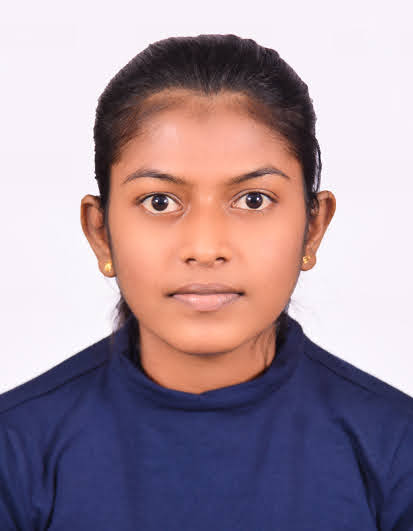South Africa's Coalition Negotiations Reach Crucial Final Stage
- Thanuja Jayani
- Jun 14, 2024
- 2 min read
By T. Jayani, JadeTimes News

As South Africa's parliament convenes for the first time since the African National Congress (ANC) lost its majority in the recent elections, discussions are ongoing regarding the formation of a new government. The ANC announced a "breakthrough" in forming a national unity government but has withheld specific details.
Hellen Zille, the former leader of the opposition Democratic Alliance (DA) and a representative in the talks, told the BBC that the DA wouldn't support President Cyril Ramaphosa's re election without a finalized deal. One of parliament's key tasks on Friday is a secret vote on whether Ramaphosa will remain president. This session is being held in a convention center in Cape Town due to fire damage to the parliament complex two years ago.
The proceedings are unprecedented as the ANC, for the first time in 30 years, does not have an outright majority and has yet to form a government. Zille mentioned that although the sides were close to an agreement, some issues still needed resolution as of Friday morning.
In the May 29 election, the ANC garnered 40% of the vote, losing its majority and requiring support from other parties for Ramaphosa to stay in power. ANC secretary general Fikile Mbalula stated that the party is in talks with other political entities but did not provide further details. He noted that the move would be towards the political center, excluding left leaning breakaway ANC parties from the coalition. Mbalula indicated that the DA, which secured 22% of the vote, had agreed to a national unity government but specific cooperation terms were still being negotiated.
The Inkatha Freedom Party (IFP), which placed fifth with 4% of the vote, has agreed to join the government of national unity. Previously, Ramaphosa has criticized the DA for being "treasonous" and "reactionary." Zille acknowledged the challenge of building trust between the ANC and DA, long time opponents, in a short period. She admitted that any deal with the DA might be unpopular among ANC activists, given the DA's free-market stance contrasting with the ANC's left wing roots.
Despite attempts to form a broad coalition, the ANC failed to secure support from the third and fourth largest parties, former President Jacob Zuma's uMkhonto weSizwe (MK) party and Julius Malema's Economic Freedom Fighters (EFF). MK demanded Ramaphosa's resignation as a condition for coalition, which the ANC rejected. Consequently, MK MPs are boycotting parliament, disputing the election results without presenting evidence.
Malema declared the EFF's refusal to join any government that includes the DA, accusing it of following an "imperialist agenda." Both MK and EFF demanded constitutional changes for nationalization of white owned land and banks, a stance opposed by Ramaphosa and the ANC, ruling out coalition with these parties.











































Komentarze